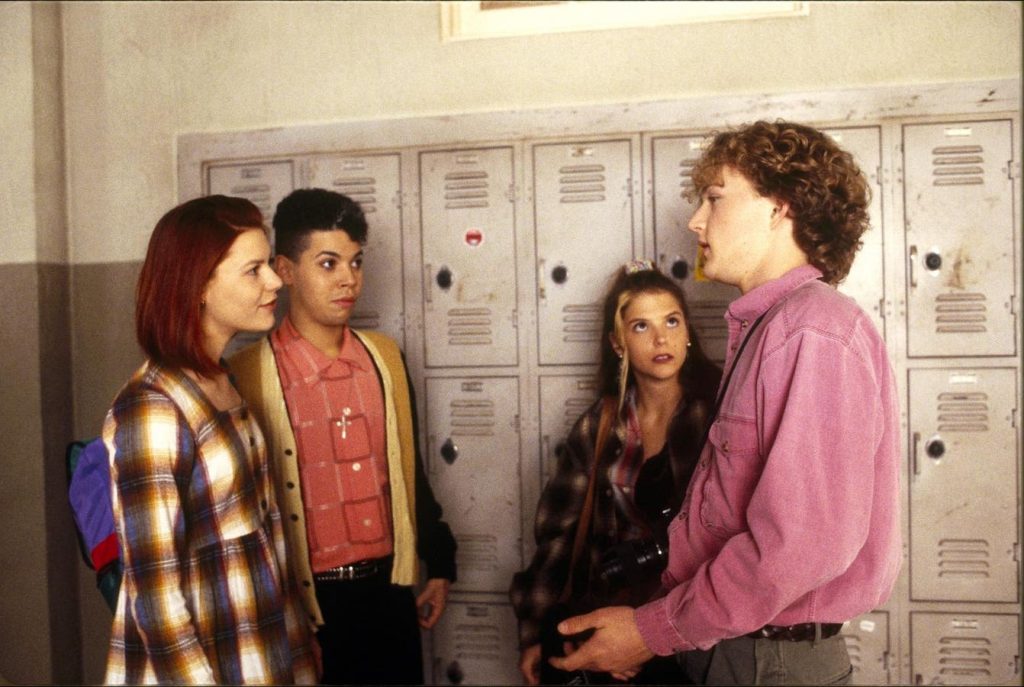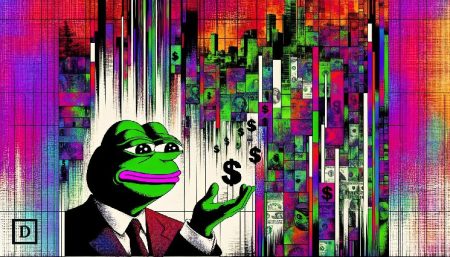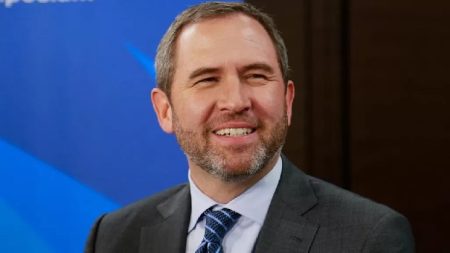A Generation’s Anthem: Reflecting on 30 Years of ‘My So-Called Life’
Thirty years ago, a television show premiered that, despite its brief existence, left an enduring mark on the cultural landscape. "My So-Called Life," airing for a single season in 1994, captured the angst, confusion, and raw emotion of adolescence with an unprecedented authenticity, resonating deeply with a generation grappling with their own identities. While its run was cut short, its impact on television and its continued relevance in discussions about teen representation are undeniable. The show’s legacy continues to inspire, prompting reflection on its groundbreaking approach and the void it left behind.
Created by Winnie Holzman and produced by Marshall Herskovitz and Edward Zwick, the masterminds behind the acclaimed drama "thirtysomething," "My So-Called Life" aimed to portray teenage life without the filters and clichés that often characterized previous depictions. The show centered around Angela Chase, played by a then-unknown Claire Danes, a 15-year-old navigating the complexities of high school, family dynamics, and burgeoning romantic interests in the fictional Pittsburgh suburb of Three Rivers. Each episode delved into the internal world of Angela and her peers, exploring themes of identity, social alienation, family pressures, and the search for belonging.
The show’s realism was its greatest strength. Long before social media became a pervasive force, "My So-Called Life" tackled issues like parental conflict, shifting friendships, unrequited crushes, and the struggle to define oneself with a raw honesty that resonated deeply with viewers. Unlike its predecessors, which often relied on sensationalized storylines and two-dimensional characters, "My So-Called Life" presented teenagers as complex individuals with nuanced personalities and relatable flaws. This marked a departure from the more sanitized portrayal of adolescence prevalent in earlier teen dramas, paving the way for future shows to explore the complexities of teenage life with greater depth and realism.
The ensemble cast, including A.J. Langer as the rebellious Rayanne Graff, Wilson Cruz as the introspective Rickie Vasquez, Devon Gummersall as the shy Brian Krakow, Jared Leto as the enigmatic Jordan Catalano, and Devon Odessa as the loyal Sharon Cherski, created a dynamic and believable portrayal of adolescent relationships. Each character grappled with their own personal struggles, contributing to a multifaceted representation of the high school experience. Notably, Wilson Cruz’s portrayal of Rickie Vasquez marked a watershed moment in television history. As the first openly gay actor to play an openly gay teenager in a leading role, Cruz’s performance was both groundbreaking and deeply impactful, offering much-needed visibility and representation for LGBTQ youth.
Despite its critical acclaim and cultural impact, "My So-Called Life" was cancelled after just one season, a decision that continues to baffle and frustrate fans to this day. The show’s time slot, pitted against the popular NBC sitcoms "Mad About You" and "Friends," undoubtedly contributed to its low ratings. However, the show’s legacy extends far beyond its brief time on air. It garnered numerous awards and nominations, including four Emmy nominations, a Golden Globe win for Claire Danes, and a GLAAD Media Award for Outstanding Drama Series, recognizing its sensitive and groundbreaking portrayal of LGBTQ issues. These accolades underscored the show’s impact and its contribution to a more inclusive and authentic representation of marginalized communities.
"My So-Called Life" is often compared to another cult classic, "Freaks and Geeks," which also aired for a single season. Both shows captured the essence of a specific time and place, focusing on the complexities of adolescence with an unflinching honesty that resonated deeply with viewers. While their short runs left fans wanting more, the impact of these shows continues to be felt, influencing subsequent teen dramas and shaping the way adolescence is portrayed on screen. The enduring appeal of "My So-Called Life" lies in its ability to connect with viewers on a deeply personal level, reminding us of the universal struggles of adolescence and the enduring search for identity and belonging. Even 30 years later, its themes of self-discovery, friendship, and navigating the complexities of family and romantic relationships continue to resonate, making it a timeless portrayal of the teenage experience. The desire for a reunion, a glimpse into the lives of these characters three decades later, speaks volumes about the show’s enduring legacy and the lasting impact it had on a generation.















